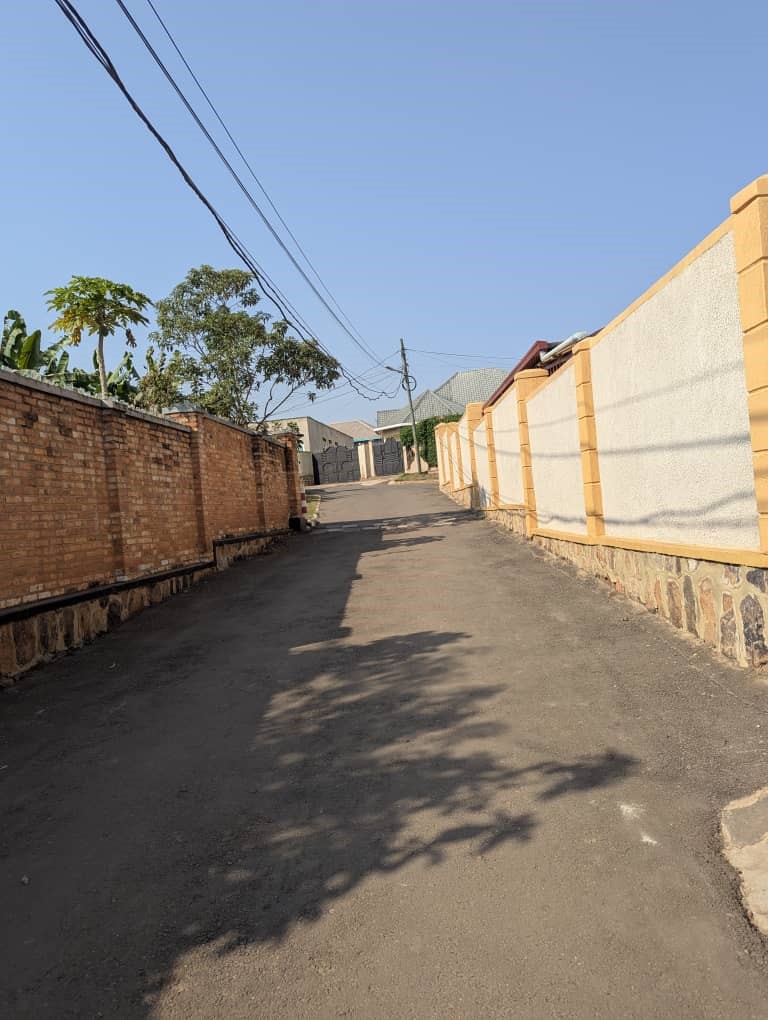In neighborhoods like Kicukiro, students and residents are facing an unusual challenge: rent prices that shift without warning, leaving tenants frustrated and confused.
“One week, a house costs 150,000 RWF, and the next week the same house might be 200,000 RWF. We never know what to expect,” says Emmanuel, a local student struggling to find affordable housing.
Finding a decent rental in Kigali with a bedroom, living room, kitchen, and bathroom can feel nearly impossible. In Kicukiro, many tenants say prices fluctuate depending more on a landlord’s mood than on market or legal standards. Some landlords raise rent without notice, while others remain flexible. This unpredictability creates constant stress.
In Gisozi, houses may be slightly cheaper on average, but sudden rent increases are still common. The instability forces many tenants, especially students and young professionals, to monitor the market constantly, renegotiate frequently, or settle for lower-quality housing just to secure a place to stay.

The shifting prices reflect deeper issues in Kigali’s rental market. These include limited regulation, high demand, and informal agreements between landlords and tenants. According to the National Institute of Statistics of Rwanda (NISR), 60 percent of households in Kigali are renters, which is significantly higher than in other provinces.
Market data shows that rent levels vary widely. A Kigali cost of living guide reports that a one-bedroom apartment in the city center rents for about 350,000 to 600,000 RWF per month. Another housing guide places the range slightly higher, between 400,000 and 800,000 RWF, depending on the location and finishes.
The informal nature of many tenancy agreements means tenants often lack strong legal protection. A housing finance report shows that a large share of Kigali’s population rents, while many households earn less than 100,000 RWF per month. The imbalance between income and rent continues to widen.
For students and young workers, this creates financial instability. Some rely on word of mouth or social networks, while others move frequently to escape rent hikes. Digital platforms like Kodesha are emerging to help renters find accommodation more transparently, but they are not yet widely used.
As Kigali continues to grow, the tension between landlord discretion and tenant stability is becoming more noticeable. Without stronger regulation and clearer tenancy standards, finding affordable and predictable housing will remain a challenge for many residents, especially the youth and new professionals.
